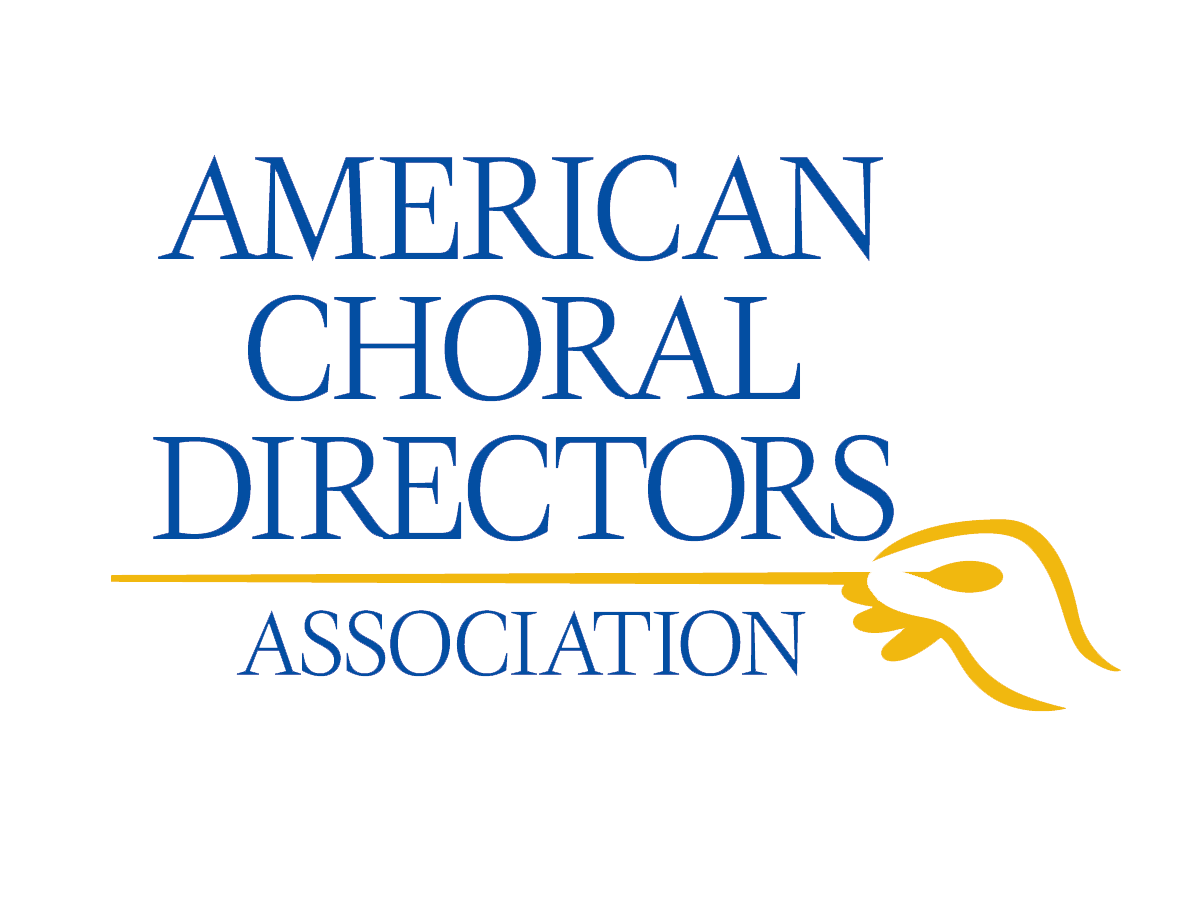The purpose of this study was to examine the degree to which selected demographic variables and online social comparison predict Impostor Phenomenon (IP) among choral music educators. Participants (N = 143) provided demographic information and completed an adapted version of the Iowa Netherlands Social Comparison Orientation Measure (INCOM) and the Clance Impostor Scale (CIPS). IP was prevalent among participants with 62.3% experiencing frequent to intense IP symptoms. Participants reported engaging in online social comparison on multiple social media platforms and most frequently experienced upward comparison. Upward and non-directional online social comparison were significant predictors of IP and accounted for 30.8% of the variance in IP scores. There was a significant, negative correlation (r = -.36, p < .001) between downward social comparison and CIPS scores. Implications for music educators are discussed, emphasizing the need for strategies to mitigate the negative impacts of online social comparison and foster supportive, authentic interactions among colleagues.
You are here: Home / IJRCS / Online Social Comparison and Impostor Phenomenon Among Choral Music Educators


